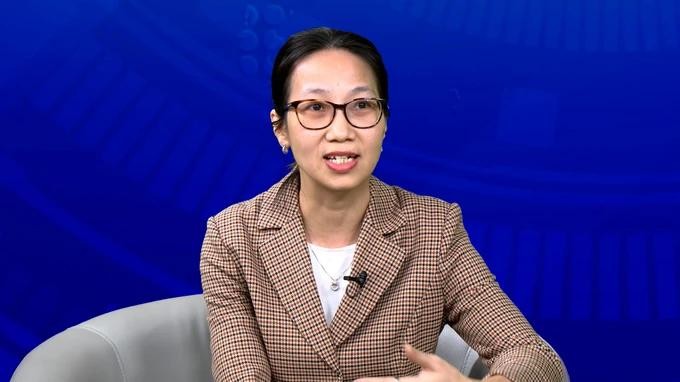Vietnam makes most of CPTPP to join global supply chains
Vietnamese enterprises should be more active to participate in the supply chains of foreign-invested companies to leverage the benefits of the Comprehensive and Progressive Agreement for Trans-Pacific Partnership (CPTPP).

Speaking at a symposium this morning, Deputy Head Nguyen Thi Lan Phuong of the WTO and FTA Division within the Ministry of Industry and Trade’s Multilateral Trade Policy Department underscored that the CPTPP extends beyond merely broadening export prospects. It also serves as a catalyst for institutional reform, elevates Vietnam's global standing, and fosters an influx of FDI.
The symposium under the theme "Integrating into the Supply Chain of Foreign Direct Investment (FDI) Enterprises: Enhancing the Efficacy of CPTPP Implementation" was held in Hanoi in Hanoi. The discussion centered on an in-depth evaluation of five years of CPTPP and explored strategic solutions to bolster the global supply chain's effectiveness for Vietnamese enterprises.
Ms. Nguyen Thi Lan Phuong highlighted that one of the paramount advantages of the CPTPP lies in its capacity to facilitate Vietnamese enterprises' collaboration with FDI companies, enabling technology transfer and enhancing the localization rate. This, in turn, reinforces their standing within the global supply chain.
Statistics show that from 2019 to 2022, FDI capital flows from CPTPP countries to Vietnam increased strongly, from US$9.5 billion to nearly $11.5 billion. Singapore and Japan are the two leading partners, with total investment capital reaching $6.4 billion and $4.7 billion in 2022 respectively.
In the first 9 months of 2023, CPTPP members contributed 67 percent of total FDI capital to Vietnam, notably Singapore and Japan with projects in the fields of energy, digital technology, sustainable development and infrastructure.
According to Ms. Lan Phuong, Vietnamese enterprises must bolster their internal capabilities and forge closer ties with multinational corporations to fully capitalize on the influx of capital. A noteworthy example is the collaboration between Vietnam and Japan in the automotive and supporting industries, conducted under the auspices of the Joint Committee on Industry, Trade, and Energy Cooperation.
One of the current key solutions is to build an ecosystem to support businesses to take advantage of FTAs, including the CPTPP, she added.
She revealed that this ecosystem will involve the participation of major business associations, such as the Vietnam Chamber of Commerce and Industry, as well as relevant government agencies at both the central and local levels. By bringing together these key stakeholders, the model seeks to address institutional, capital, and human resource constraints faced by businesses.
Moreover, it is important to create a mechanism to quickly respond to business recommendations, for example when a shipment has problems abroad, the system will forward the recommendation to the competent authority and handle it promptly, said Ms. Lan Phuong.
The representative from the Ministry of Industry and Trade underscored the necessity of providing comprehensive support and guidance to Vietnamese businesses to facilitate their effective utilization of the opportunities afforded by the CPTPP.
Vietnamese businesses must prioritize the enhancement of their internal capabilities to align with the stringent standards imposed by foreign direct investment supply chains, particularly in the areas of sustainability and green practices. A robust free trade agreement support ecosystem, complemented by targeted policies, will be instrumental in enabling Vietnam to fully exploit the opportunities afforded by the CPTPP and elevate its position within global supply chains, she added.








